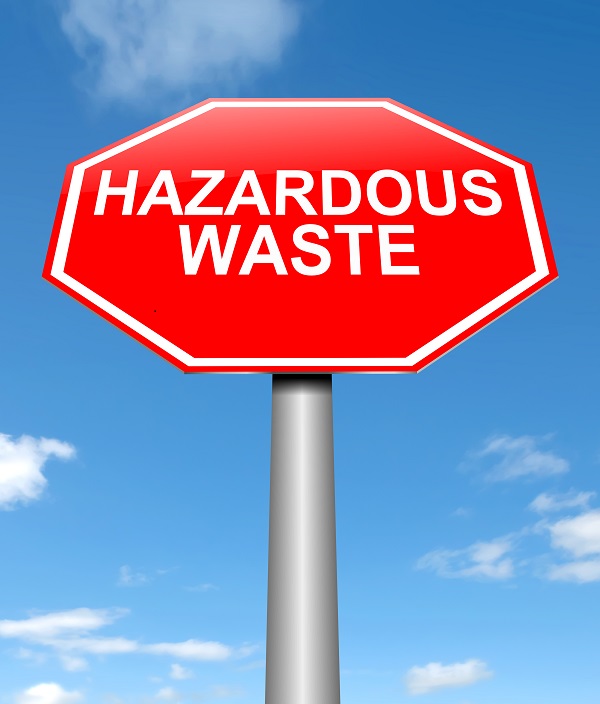Propyl bromide (NPB) is a chemical compound that is widely used for industrial cleaning operations. However, like using many cleaning solvents of the same generation, using NPB solvents comes at a price concerning their negative effects on humans and the environment. If you’re somewhat familiar with NPB hazards and are interested in NPB replacements, but you need more information before you buy a replacement, see the questions and answers below.
Can a “safer” replacement solvent deliver the same cleaning power?
Yes. NPB replacements are formulated to offer the same cleaning power — and sometimes more cleaning power — as NPB solvents. The replacements are often described as “drop-in solutions” because they can replace NBP solvents without requiring significant downtime.
Does investing in a replacement solvent mean investing more money?
Some solvent replacements that eliminate NPB hazards do cost more than NPB solvents, as NPB is quite cost effective to produce and thus results in relatively low-lost NPB products. However, implementing eco friendly NPB replacements can help eliminate certain costs.
Are there costs that can be negated by a safer replacement solvent?
Yes. Because NPB has been proven to cause negative health conditions, replacements that have a better safety profile help reduce these costs: settlements for personal injury cases, sick days taken, diminished productivity due to negative health conditions in workers, and payouts for workers compensation claims. Significantly reducing these costs could save you millions.
Will the EPA add NPB to its official list of hazardous air pollutants?
The EPA is conducting an inquiry into the safety of NPB solvents on humans and the environment — an endeavor that could could result in NPB being placed on the EPA’s list of hazardous air pollutants (HAPs). This is why it makes sense to find replacement options now.
Should I use my supply of NPB solvent while shopping for a new solvent?
Despite NPB hazards, using your supply of NPB solvent while you search for replacements may be the most sensible option. If NPB supports your company’s or organization’s crucial cleaning requirements, you simply can’t afford to halt the use of NPB until a replacement is identified.
Is it an option to formulate a custom NPB replacement solution?
Some sellers of NPB replacements only offer pre-formulated cleaning solutions, while other sellers offer both readymade solutions and custom solutions. If you still use NPB solvent, assuming that you need a custom replacement solution is putting the cart before the horse. First, you should consult with an NPB replacement supplier to evaluate your options.
Contact Ecolink Today
Replacing your hazardous NPB solvent with a cleaning solution that has a better safety profile has several benefits, but in order to realize them, you must first find a solvent supplier that offers high-quality NPB replacements that eliminate NPB hazards. This is where Ecolink enters the picture. We can supply you with readymade solutions or custom formulated cleaners that offer the same efficacious cleaning power and range of application as your current NPB solvents.
For assistance with selecting a new cleaning solvent that eliminates NPB hazards, call us at (800) 563-1305, or refer to the contact page on our website. Don’t delay; contact us today!















